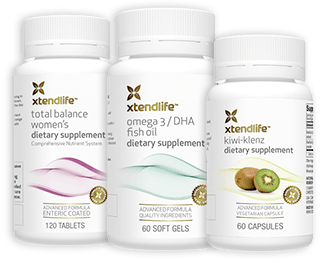Why Do Supplements Get a Bad Name?
Our culture sometimes seems to have a love/hate relationship with nutritional and dietary supplements. We flock to them in the hopes of improving our health or gaining help with any number of ills, while still treating them and their manufacturers with suspicion.
In both the United States and Europe, the issue of regulation of supplements has erupted into a clash between those who favor more regulation (including the pharmaceutical industry) and those who want supplements to remain available and accessible.
It is no surprise that the supplement industry has been the target of the pharmaceutical companies. Supplements are, by their very nature, a competitor, and one that does not have to submit to the notoriously difficult FDA approval process and regulations.
Pharmaceutical companies have long pushed to heighten the regulations on supplements, and in doing so have attempted to paint supplements as dangerous, untrustworthy, or ineffective.
Supplements Suffer the Wrath of the Drug Companies
As a result, supplements have gotten a bad rap. By their very definition, supplements are something short of pharmaceutical drugs. Though sometimes called nutritional, dietary, or food supplements, their purpose remains the same—to provide nutrients (e.g. minerals, vitamins, amino acids, herbs/botanicals, etc.) that may be missing from one’s diet; to supplement the diet.
U.S. law requires that dietary supplements be labeled as such, and clearly limits the health claims that supplements are permitted to make. They cannot claim to cure or treat a disease (this would classify them as an unauthorized new drug), and they must carry a label warning the consumer that the health claims made have not been evaluated by the Food and Drug Administration and the supplement is, “not intended to diagnose, treat, cure or prevent any disease.”
Nor is it the case that supplement manufacture is wholly unregulated in the U.S. Though treated as a “food” item rather than a “drug” under the FDA, supplements must still follow a notification process that allows the FDA to review the product for adequacy and safety concerns.
Moreover, the FDA has implemented a “good manufacturing practices” policy to eliminate issues of adulteration and provide some confidence as to quality. Unfortunately, a few unscrupulous companies have tarred the industry with a reputation for questionable products or claims, but the creation of independent certification programs (such as Dietary Supplement Verification Program) are helping restore public trust in responsible supplement companies.
Supplements Do Help Millions of People
And then there’s the fact that supplements do work. Ask a pregnant woman what she would do without calcium citrate or folic acid, or a weightlifter how they would go on without creatine. Vitamin D helps prevent osteoporosis; fish oil (and the omega-3 fatty acids it contains) is brain and cardio-protective; and glucosamine may help with joint pain.
Though you should always consult your doctor before taking a new nutritional or dietary supplement, the truth is that, for many people, supplements offer yet another way to help improve or preserve their health and well-being.
Read more about nutritional supplements on our herbs page or return to the HSG Home
Resources...
Search our site...
PREMIUM SUPPLEMENTS
The most advanced herbal supplements on the market
BULK HERBS AND TEAS
Need bulk herbs, teas, supplements and capsules?

